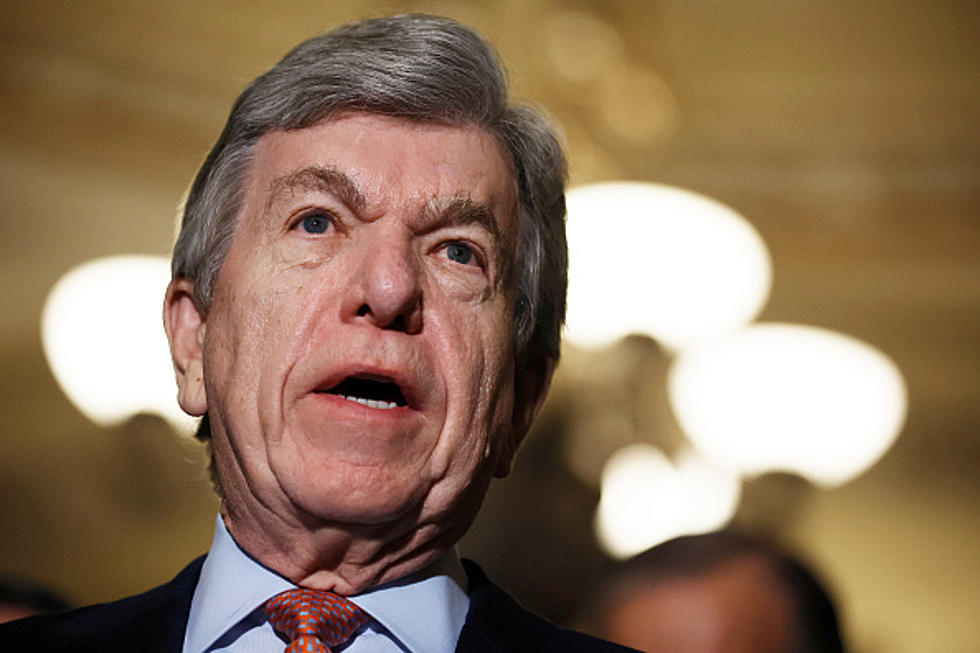
Supreme Court Stikes Down DOMA, Dismisses Prop. 8 in Landmark Decision
The Supreme Court issued two rulings on Wednesday morning regarding same-sex marriage, and both were victories for gay-rights supporters.
It first announced that, by a vote of 5-4, it had struck down the 1996 federal Defense of Marriage Act, which declared marriage to be “only a legal union between one man and one woman as husband and wife” in determining federal benefits. Justices Sonia Sotomayor, Ruth Bader Ginsburg, Steven Breyer, Elena Kagan and Anthony Kennedy voted in the majority, with Clarence Thomas, Antonin Scalia, Samuel Alito and Chief Justice John Roberts dissenting.
Justice Kennedy wrote the decision for the majority:
The federal statute is invalid, for no legitimate purpose overcomes the purpose and effect to disparage and injure those whom the State, by its marriage laws, sought to protect in personhood and dignity. By seeking to displace this protection and treating those persons as living in marriages less respected than others, the federal statute is in violation of the Fifth Amendment.
This decision means that gay and lesbian couples in the 12 states that allow same-sex marriage will be subject the over 1,000 federal laws, programs and benefits available to heterosexual married couples. These include filing taxes jointly, inheritance laws and Social Security.
The court also ruled on the constitutionality of California's Proposition 8, a 2008 law that banned gay marriage in the state. Again by a decision of 5-4, though with a different lineup of supporters and dissenters, the court handed down a decision that is a victory for gay-rights supporters, though not as sweepingly as in the DOMA case.
Essentially, court said that supporters of Prop 8 did not have the right to defend it in court, meaning that a district-court decision tossing out the law would stand. This means that same-sex marriages will likely resume in California and that the state's attorney general and governor cannot enforce Proposition 8.
What do these rulings mean? The DOMA case is a bit clearer: Same-sex couples cannot be denied the same federal rights as heterosexual couples. Importantly, though, the decision does not address whether states that do not permit gay marriage must recognizes such marriages performed in other states.
As for the Prop 8 decision, the future is a bit murkier. The court did not rule on the constitutionality of same-sex marriage itself, as many had hoped it would. It was a narrow, somewhat technical decision that ensures that the fight will go on, albeit with same-sex couples in California now being allowed to legally marry. Any other state that has banned same-sex marriage would not be affected.
Amy Howe of SCOTUSBlog, which covers the high court, offered two "plain English" explanations of today's rulings. First, the DOMA case, known as United States v. Windsor:
The federal Defense of Marriage Act defines "marriage," for purposes of over a thousand federal laws and programs, as a union between a man and a woman only. Today the Court ruled, by a vote of five to four, in an opinion by Justice Kennedy, that the law is unconstitutional. The Court explained that the states have long had the responsibility of regulating and defining marriage, and some states have opted to allow same-sex couples to marry to give them the protection and dignity associated with marriage. By denying recognition to same-sex couples who are legally married, federal law discriminates against them to express disapproval of state-sanctioned same-sex marriage. This decision means that same-sex couples who are legally married must now be treated the same under federal law as married opposite-sex couples.
And here's the Proposition 8 case, aka Hollingsworth v. Perry:
After the two same-sex couples filed their challenge to Proposition 8 in federal court in California, the California government officials who would normally have defended the law in court, declined to do so. So the proponents of Proposition 8 stepped in to defend the law, and the California Supreme Court (in response to a request by the lower court) ruled that they could do so under state law. But today the Supreme Court held that the proponents do not have the legal right to defend the law in court. As a result, it held, the decision by the U.S. Court of Appeals for the Ninth Circuit, the intermediate appellate court, has no legal force, and it sent the case back to that court with instructions for it to dismiss the case.
[SCOTUSBlog, Reuters, A.P.]
More From AM 1050 KSIS









